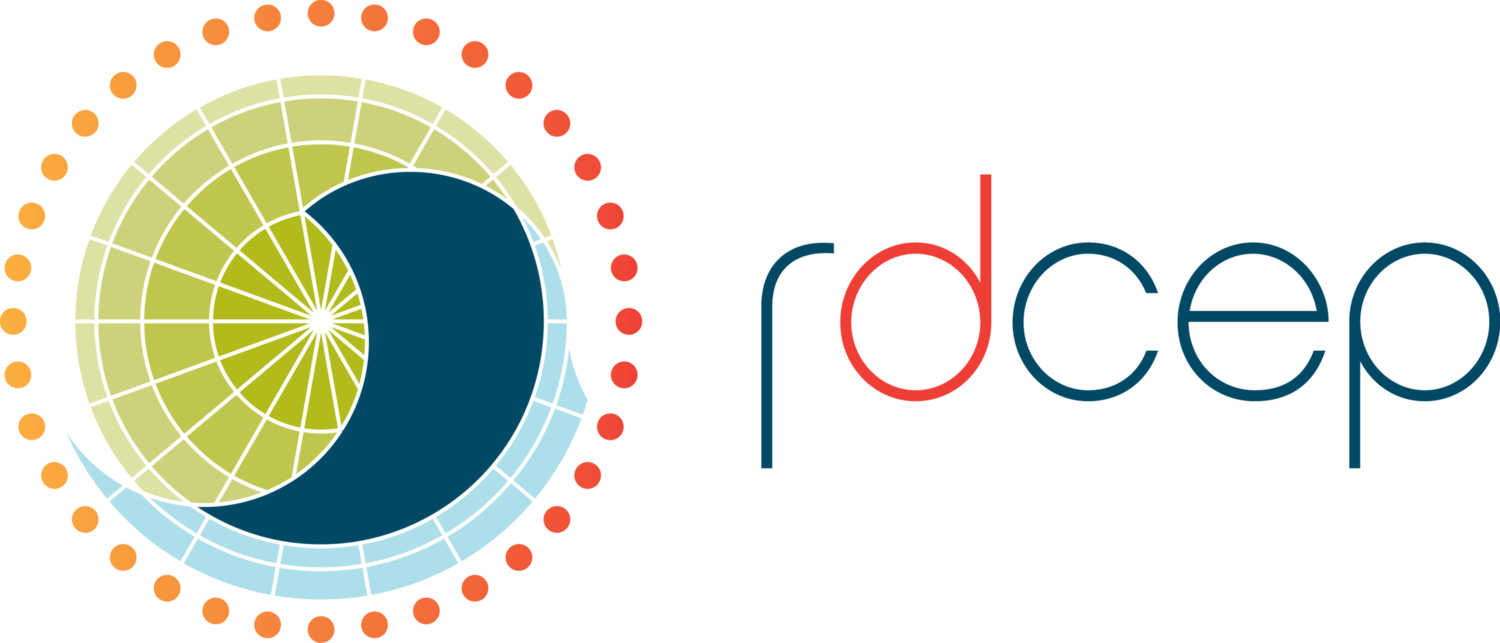Delphine Deryng
/Postdoctoral Scholar, Computation Institute, University of Chicago
Adjunct Research Scientist, NASA Goddard Institute for Space Studies & Columbia University Center for Climate Systems Research
Areas of Expertise:
- Agricultural systems and climate change
- Impacts, adaptation and vulnerability
- The water-energy-food nexus
- Modeling uncertainty and robust decision making
Delphine Deryng's research deals with global environmental change issues with a particular interest in agricultural systems and implications for food security. She develops and uses process-based crop modeling tools to explore the interaction between climate, crops and land use decision. She conducts multiple research activities as part of the AgMIP Global Gridded Crop Model Intercomparison (GGCMI) initiative exploring the role of extreme weather events on global crop yield and better understanding the effects of rising atmospheric carbon dioxide concentrations on crop water productivity. In addition, she currently leads the first Regional Gridded Crop Modeling Activity (RGCMA) to assess the potential impacts of irrigated crop production on ground water resources in India under climate change using an ensemble of gridded models and regional climate and agricultural datasets.
Prior joining RDCEP, Delphine worked on southern Africa’s hydro-economy and water security as a Research Associate at the Grantham Research Institute on Climate Change and the Environment at the London School of Economics (2014-2015).
Delphine holds a PhD in Environmental Sciences from the University of East Anglia (2014) and a Masters in Geography from McGill University (2009). She joined the Computation Institute in November 2015.
Research Projects
AgGRID | InterSectoral Impacts Model Intercomparison and Improvement Project (ISI-MIP) | The Agricultural Model Intercomparison and Improvement Project (AgMIP) | The Global Gridded Crop Model Intercomparison
Selected Publications
- Deryng D, Elliott J et al. (in review, submitted to Nature Climate Change) “Regional disparities in the beneficial effects of rising CO2 emissions on crop water productivity”
- Conway D, Archer E, Deryng D et al. (2015) “Climate and Southern Africa’s water-energy-food nexus”, Nature Climate Change 5, 837–846 (2015) doi:10.1038/nclimate2735
- Deryng D (2014) “Climate change impacts on crop productivity in global semi-arid areas and selected semi-arid economies”, working paper, Overseas Development Institute (ODI), London
- Deryng D, Conway D, Ramankutty N et al. (2014) “Global crop yield response to extreme heat stress under multiple climate change futures”, Environmental Research Letters, 9, 034011, doi:10.1088/1748-9326/9/3/034011
- Rosenzweig C, Elliott J, Deryng D et al. (2014) “Assessing agricultural risks of climate change in the 21st century in a global gridded crop model intercomparison”, Proceedings of the National Academy of Sciences, 111(9), pp.3268–3273. doi:10.1073/pnas.1222463110
- Elliott J, Deryng D et al. (2014) “Constraints and potentials of future irrigation water availability on agricultural production under climate change”, Proceedings of the National Academy of Sciences, 111(9), pp.3239–3244. doi:10.1073/pnas.1222474110
- Deryng D, Sacks, WJ, Barford CC, and Ramankutty N (2011) “Simulating the effects of climate and land management practices on global crop yield”, Global Biogeochemical Cycles, 25(2), doi:10.1029/2009GB003765













